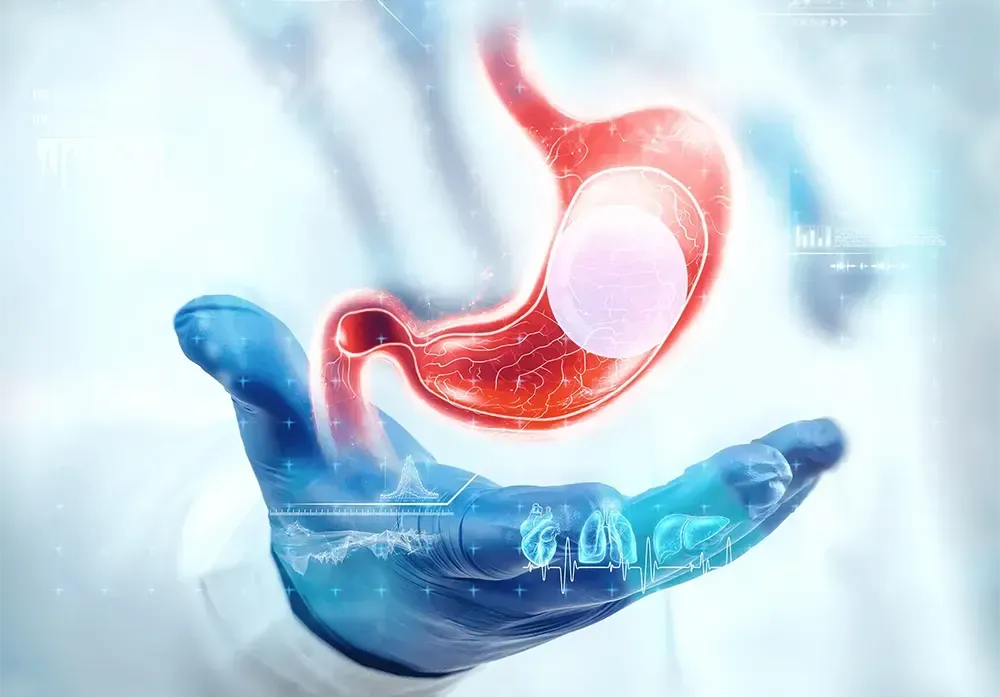Comprehensive Gastroparesis Treatment: The Role of a Gastroenterologist
Gastroparesis is a challenging gastrointestinal condition characterized by delayed stomach emptying, leading to symptoms such as nausea, vomiting, and abdominal pain. In the realm of gastroenterology clinical research, innovative approaches are being explored to enhance gastroparesis treatment and address associated conditions like gastroesophageal reflux. This article delves into the latest advancements in gastroparesis treatment, with a focus on managing gastroesophageal reflux symptoms for comprehensive patient care.
Understanding Gastroparesis and Gastroesophageal Reflux: Symptoms and Impact:
Gastroparesis and gastroesophageal reflux often coexist, presenting a complex clinical picture for patients. Symptoms such as heartburn, regurgitation, and chest pain can significantly impact quality of life. Understanding the interplay between these conditions is essential for effective treatment planning and symptom management.
Gastroenterology Clinical Research: Driving Innovations in Gastroparesis Treatment:
Gastroenterology clinical research plays a vital role in advancing treatment options for gastroparesis and associated conditions like gastroesophageal reflux. Through clinical trials and research studies, new medications, procedures, and therapeutic approaches are being developed to improve patient outcomes and quality of life.
Medication and Therapeutic Strategies for Gastroparesis and Gastroesophageal Reflux:
Innovative medications and therapeutic strategies are being explored to address both gastroparesis and gastroesophageal reflux. From prokinetic agents to acid-suppressing medications, tailored treatment plans are essential for managing symptoms and promoting digestive health in individuals with these conditions.
Enhancing Patient Care: Comprehensive Approaches to Gastroparesis Management:
Comprehensive patient care for individuals with gastroparesis and gastroesophageal reflux involves a multidisciplinary approach. Collaborating with gastroenterologists, dietitians, and other healthcare providers can help individuals access personalized treatment plans, nutritional guidance, and lifestyle modifications for optimal symptom control and well-being.
In conclusion, advancements in gastroparesis treatment are paving the way for improved management of associated conditions like gastroesophageal reflux. By leveraging gastroenterology clinical research, developing targeted medications, and embracing comprehensive care approaches, healthcare providers can enhance patient outcomes and quality of life for individuals living with these complex gastrointestinal conditions.










